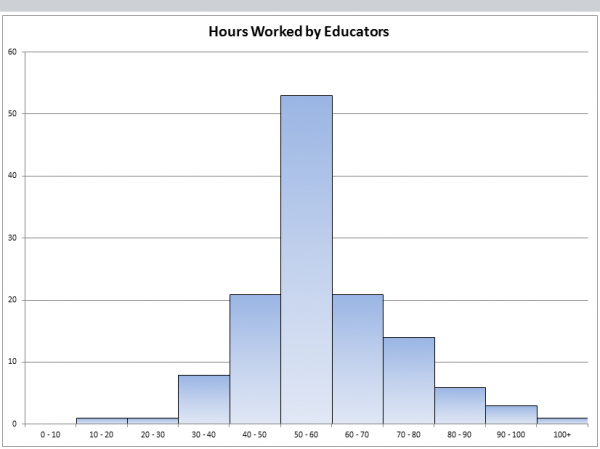how many hours do vps work

Virtual Private Servers (VPS) have become an increasingly popular hosting solution for individuals and businesses alike. If you are considering utilizing a VPS for your website or application, it is crucial to understand how these servers work and their operational hours. In this comprehensive article, we will delve into the details of VPS functionality, shedding light on their uptime, availability, and the factors that can influence their performance.
In the digital realm, uptime is of utmost importance. When it comes to VPS, uptime refers to the period during which the server remains operational and accessible to users. Unlike shared hosting, where multiple websites share the same server resources, VPS offers dedicated resources to each user. This means that your website's performance is not affected by the activities of other users on the same server. However, it is essential to note that VPS, like any other server, requires routine maintenance to ensure optimal performance and security.
1. VPS Uptime: The Backbone of Reliability
Summary: Learn about the importance of uptime for VPS and how it affects the reliability of your website or application.
2. Understanding the Role of VPS Providers
Summary: Explore the responsibilities of VPS providers in terms of monitoring and maintaining server uptime to guarantee smooth operations.
3. Factors Influencing VPS Downtime
Summary: Discover the various factors that can lead to VPS downtime, including hardware failures, software glitches, and network issues.
4. The Significance of Server Monitoring
Summary: Gain insights into the importance of server monitoring tools and techniques to promptly identify and resolve potential issues.
5. Scheduled Maintenance: Necessity or Inconvenience?
Summary: Understand the need for scheduled maintenance in VPS servers and how it can impact your website's availability.
6. Redundancy Measures: Ensuring Continuous Operations
Summary: Learn about redundancy measures implemented by VPS providers to minimize downtime and ensure uninterrupted server operations.
7. VPS Scalability: Adapting to Changing Workloads
Summary: Explore the scalability features of VPS that allow you to adjust server resources based on your website's changing demands.
8. The Role of Virtualization in VPS Operations
Summary: Delve into the world of virtualization and understand its role in the functioning of VPS servers.
9. VPS Support: Expert Assistance When You Need It
Summary: Discover the significance of reliable customer support provided by VPS hosts and how it can help in resolving any server-related issues.
10. Maximizing VPS Performance: Best Practices
Summary: Explore tips and best practices to optimize your VPS performance and ensure your website or application runs smoothly.
In conclusion, understanding the operational hours and functionality of VPS is crucial for anyone considering this hosting solution. By grasping the significance of uptime, the role of VPS providers, and the various factors influencing downtime, you can make informed decisions for your website or application's hosting needs. Additionally, learning about server monitoring, maintenance, scalability, and support will help you maximize the performance of your VPS. With this comprehensive knowledge, you can confidently harness the power of VPS to ensure a reliable and efficient online presence.




